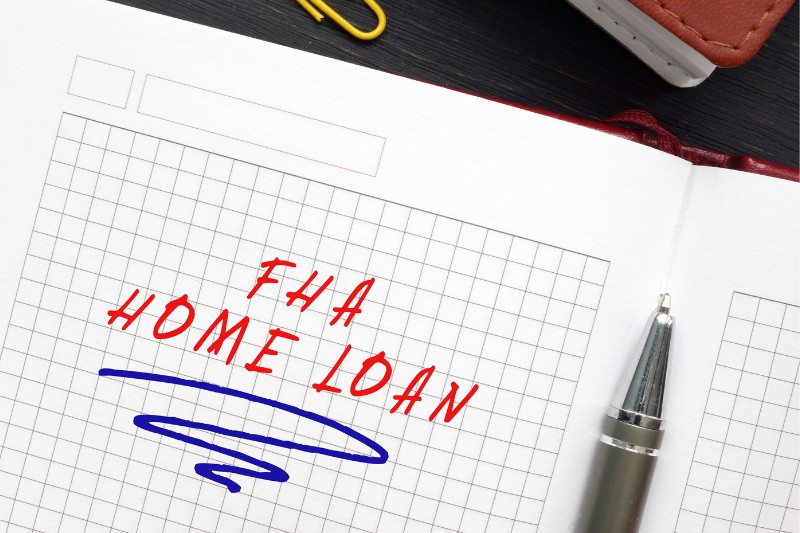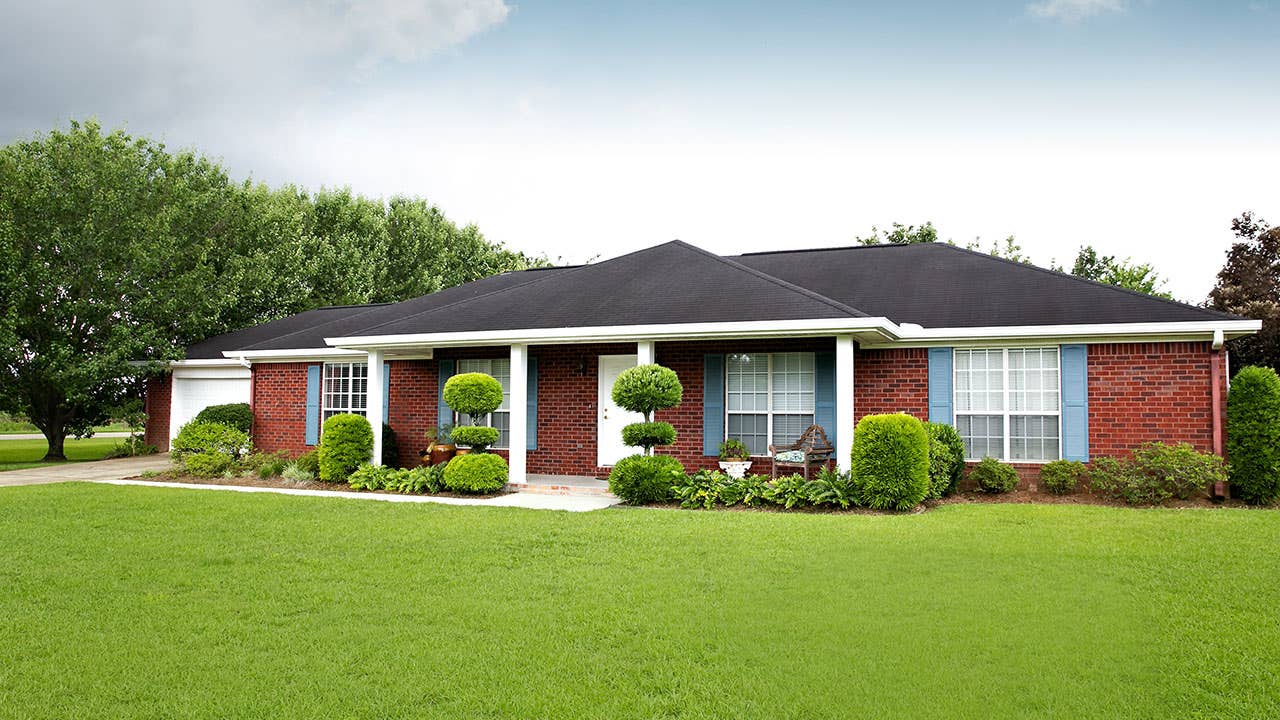“Expert verified” means that our Financial Review Board thoroughly evaluated the article for accuracy and clarity. The Review Board comprises a panel of financial experts whose objective is to ensure that our content is always objective and balanced.
Bankrate is always editorially independent. While we adhere to strict , this post may contain references to products from our partners. Heres an explanation for . Our is to ensure everything we publish is objective, accurate and trustworthy. Bankrate logo.
Founded in 1976, Bankrate has a long track record of helping people make smart financial choices. We’ve kept this reputation for more than 40 years by making it easier for people to make financial decisions and giving them confidence in what to do next.
Bankrate follows a strict editorial policy, so you can trust that we’re putting your interests first. All of our content is authored by highly qualified professionals and edited by subject matter experts, who ensure everything we publish is objective, accurate and trustworthy.
Our mortgage reporters and editors focus on the points consumers care about most — the latest rates, the best lenders, navigating the homebuying process, refinancing your mortgage and more — so you can feel confident when you make decisions as a homebuyer and a homeowner. Bankrate logo.
Bankrate follows a strict editorial policy, so you can trust that we’re putting your interests first. Our award-winning editors and reporters create honest and accurate content to help you make the right financial decisions.
We value your trust. Our mission is to provide readers with accurate and unbiased information, and we have editorial standards in place to ensure that happens. Our editors and reporters thoroughly fact-check editorial content to ensure the information you’re reading is accurate. We maintain a firewall between our advertisers and our editorial team. Our editorial team does not receive direct compensation from our advertisers.
Bankrate’s editorial team writes on behalf of YOU – the reader. Our goal is to give you the best advice to help you make smart personal finance decisions. We follow strict guidelines to ensure that our editorial content is not influenced by advertisers. Our editorial team receives no direct compensation from advertisers, and our content is thoroughly fact-checked to ensure accuracy. So, whether you’re reading an article or a review, you can trust that you’re getting credible and dependable information. Bankrate logo.
One of the most important decisions you’ll have to make when buying a house is what kind of mortgage loan to get. Conventional loans and FHA loans are the two most common types of loans for homebuyers. There are pros and cons to both types of loans, but one big difference is that one type doesn’t require mortgage insurance, while the other does.
Conventional loans typically require private mortgage insurance (PMI) if you make a down payment of less than 20% of the home’s purchase price. With an FHA loan, you are required to pay mortgage insurance no matter how much you put down. This leads many people to ask:
Does an FHA loan require PMI if you put 20% down?
The short answer is yes. You are required to pay mortgage insurance premiums (MIP) on all FHA loans, even if you make a down payment of 20% or more.
FHA Loan Mortgage Insurance Basics
It’s important to understand that FHA loans do not actually have PMI. The mortgage insurance you pay on an FHA loan is called MIP – mortgage insurance premiums.
All FHA loans require the following mortgage insurance
-
Front-end MIP: This is a one-time fee of 1. 75% of the loan amount, paid at closing.
-
Annual MIP: The monthly payments for mortgage insurance that are made every month, based on a percentage of the loan amount.
On conventional loans, PMI can be removed once you build 20% home equity. But with FHA loans, you must pay the annual MIP for at least 11 years. The only way to remove MIP is to refinance into a conventional loan or meet certain equity requirements after 11 years.
Why FHA Loans Require Mortgage Insurance
People who are buying their first home like FHA loans because they require lower down payments—only 3 5% of the purchase price. But smaller down payments mean a greater chance of not paying back the loan, which is why FHA loans need mortgage insurance.
The upfront and annual MIP you pay protects the lender from losses if you default on the loan. So essentially, the mortgage insurance provides you with easier access to home financing in exchange for a higher cost over the long run.
Many buyers gladly accept the trade-off of lower down payment requirements and mortgage insurance costs. But others in a position to make a 20% down payment often wonder why they should pay mortgage insurance on an FHA loan.
It comes down to the fundamental purpose of FHA loans – to expand home ownership opportunities to buyers who may not qualify for conventional financing. So the mortgage insurance requirements apply to all borrowers regardless of down payment amount or credit profile.
Alternatives to Avoid FHA Mortgage Insurance
If you don’t want to pay mortgage insurance, and can afford a 20% down payment, a conventional loan may be a better option than an FHA loan.
Here are a few alternatives to consider:
-
Conventional 97 – Requires just 3% down and no mortgage insurance with credit scores of 680+.
-
Conventional with 20% Down – No PMI required if you put down 20% or more.
-
VA Loan – No down payment required for qualified veterans, and no monthly mortgage insurance.
-
USDA Loan – 100% financing available in eligible rural areas. No monthly mortgage insurance.
The bottom line is that if you want to avoid paying mortgage insurance, an FHA loan may not be the right loan program for you. Conventional loans don’t require PMI with a 20% down payment. And VA/USDA loans offer no down payment options with no monthly mortgage insurance.
When FHA Mortgage Insurance Might Still Make Sense
Despite the mortgage insurance costs, there are still some situations where an FHA loan could be the right choice even with a 20% down payment:
-
You have a lower credit score – FHA requires just a 580 FICO score.
-
You have high debt-to-income ratio – FHA allows ratios up to 57%.
-
You want low upfront costs – FHA caps origination fees at 1% of the loan amount.
-
You value easy refinancing – FHA streamline refis allow easier access to lower rates.
While you’ll pay the price for mortgage insurance, FHA still offers more flexible underwriting and easier access to financing. This may provide peace of mind and be worth the extra costs for some buyers.
The Bottom Line
At the end of the day, an FHA loan requires mortgage insurance premiums regardless of your down payment amount. Even with 20% down, you’ll pay an upfront MIP fee as well as annual MIP.
If your priority is avoiding mortgage insurance, a conventional loan with 20% down or a VA/USDA no-down-payment loan are your best options. But for some, FHA’s benefits like low down payments and credit flexibility outweigh the higher mortgage insurance costs.
As with any big financial decision, make sure you compare all your mortgage options. An experienced loan officer can help you weigh the pros and cons and determine if an FHA loan is right for you. This ensures you get the best home loan for your needs, even with mortgage insurance factored in.

How we make money
You have money questions. Bankrate has answers. Our experts have been helping you master your money for over four decades. We continually strive to provide consumers with the expert advice and tools needed to succeed throughout life’s financial journey.
Bankrate follows a strict editorial policy, so you can trust that our content is honest and accurate. Our award-winning editors and reporters create honest and accurate content to help you make the right financial decisions. The content created by our editorial staff is objective, factual, and not influenced by our advertisers.
We’re transparent about how we are able to bring quality content, competitive rates, and useful tools to you by explaining how we make money.
Bankrate.com is an independent, advertising-supported publisher and comparison service. We are compensated in exchange for placement of sponsored products and services, or by you clicking on certain links posted on our site. Therefore, this compensation may impact how, where and in what order products appear within listing categories, except where prohibited by law for our mortgage, home equity and other home lending products. Other factors, such as our own proprietary website rules and whether a product is offered in your area or at your self-selected credit score range, can also impact how and where products appear on this site. While we strive to provide a wide range of offers, Bankrate does not include information about every financial or credit product or service.

- If you take out an FHA loan, you’re required to pay FHA mortgage insurance premiums (MIP).
- FHA MIP includes an upfront premium, typically paid at closing, and annual premiums.
- The cost of the annual premiums depends on the amount of your loan, the size of your down payment and loan term.
FHA loans come with several advantages: a lenient credit score requirement, a low minimum down payment, reasonable closing costs and often competitive interest rates. However, they do have a drawback: mortgage insurance premiums (MIP). Here’s how FHA MIP works and what it costs.
Upfront mortgage insurance premium
No matter how much you borrow with an FHA loan, the upfront mortgage insurance premium totals 1.75 percent of that amount. You can pay this premium all at once at closing or add it to your mortgage and pay it over time. If you choose the latter, you’ll pay interest on this cost, adding to your overall expense.
How To Avoid Private Mortgage Insurance (PMI) Without 20% Down
FAQ
Can I put 20% down on an FHA loan to avoid PMI?
FHA Loan Mortgage Insurance Requirements When you refinance with a Conventional loan, you need to pay for PMI if your home equity is less than 20%. FHA loans require you to pay for mortgage insurance when you buy or refinance a home regardless of the amount of your down payment or home equity.
Can you get an FHA loan without PMI?
No, you cannot get an FHA loan without paying mortgage insurance. FHA loans, unlike conventional loans, require a mortgage insurance premium (MIP) for all borrowers, regardless of their down payment.
Do FHA loans require 20% down?
But in general, borrowers are not asked to pay 20% down on FHA loans. So why do people assume 20% down is required to buy a home?.
Does PMI go away after 20 percent FHA?
No, FHA loans do not work the same way as conventional loans when it comes to PMI (Private Mortgage Insurance) removal.
